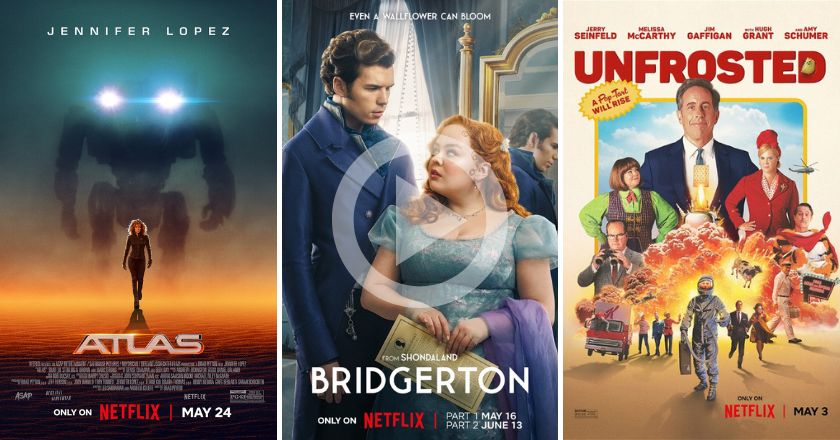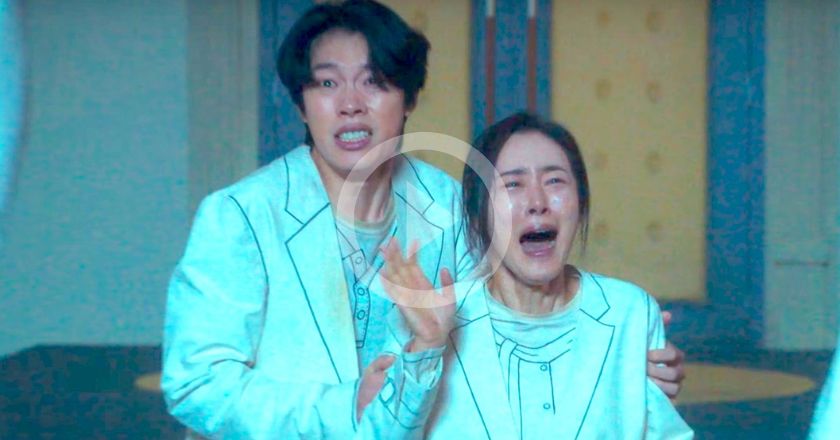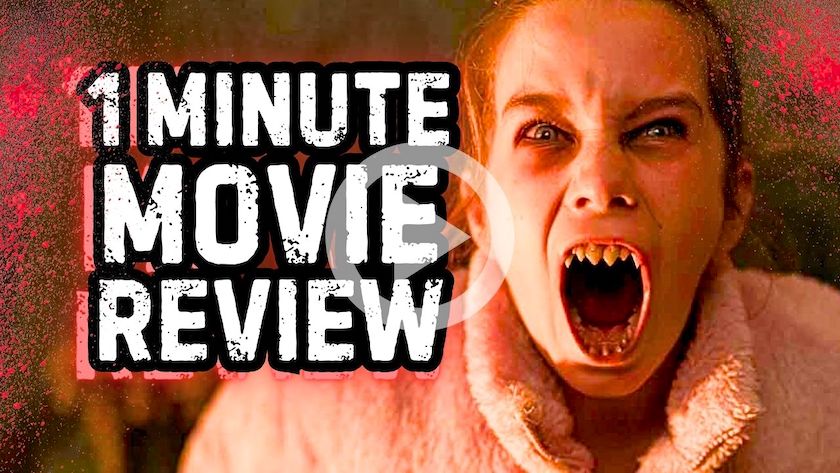
If Beale Street Could Talk opens with a passage written by the book’s author, James Baldwin, and describes Beale Street as an everywhere place. It was where Jazz was born in New Orleans, and it is whatever street any black person lives on in America. It’s an analogy of the African American spirit and proves to be an appropriate title for the latest film from director Barry Jenkins.
Set in New York in the 1970s, the film tells the story of two lovers, Tish Rivers (19) and Alonzo ‘Fonny’ Hunt (22), who have been inseparable since childhood. Not long after they move out of home together for the first time, Fonny is wrongfully accused of a violent rape and is thrown into prison, awaiting trial. With a baby on the way, the couple and their families must band together to overcome their adversity while struggling with the ever-prevalent racial divide.
Barry Jenkins’ follow up to his Oscar-winning Moonlight expands on his social exploration in a similar fashion, albeit with a slicker production, and solidifies his status as an auteur. With similarly long, hovering close-ups of people in awe of each other, and lingering shots of them staring into the camera, his signature style is becoming obvious. He seeks intimate moments between his characters and attempts to capture the dramatic aura permeating their space. It worked perfectly in Moonlight, and it works here too… to a slightly lesser extent, mind you. The storyline is also told with a non-linear structure, allowing the plot to manoeuvre between time to create a modest amount of tension leading up to the alleged crime. This method is never contrived or cumbersome and serves its purpose well.

The recreation of 1970’s New York is wonderfully achieved with an excellent production design and carefully restrained costume arrangement. Jenkins employs a soft lens to capture the era, which allows the screen to overflow with colour without popping like a David O. Russell period piece (I’m looking at you, American Hustle). And with the weight of the subject matter being paired with a perfect balance of humour, Jenkins finds the perfect levity to Tish and Fonny’s story.
The film is led by two relatively unknown young actors, KiKi Layne and Stephan James, who bring to the screen a chemistry that is beautiful and palpable, making their story all the more sincere. Both of them run through a gauntlet of emotions, with neither struggling to cope with the weight of emotion that’s required of them.
Their supporting cast is excellent with Regina King being the obvious standout as Sharon Rivers, Tish’s supportive mother. It feels like only yesterday that King was playing the teenage role, exploring social justice on screen in films like Boyz n the Hood, Menace II Society and Higher Learning, and watching her play alongside a reflection of her former self gives further gravitas to the story. She’s wonderful and her Oscar nomination is well deserved. The rest of the cast includes Colman Domingo, Michael Beach, Teyonah Parris and Aunjanue Ellis, with extended cameos from Diego Luna and Dave Franco. A strong ensemble all round.

Where If Beale Street Could Talk wanes is in its somewhat heavy-handed third act. Given the prominence of socially aware films following the Black Lives Matter movement, such as Loving, BlaKkKlansman, Get Out and Mudbound, there is already an established awareness of the issues at hand, and given the maturity of Barry Jenkins’ work it feels rather gratuitous to paint the screen with examples of black oppression. Images of slavery roll across the screen as we are reminded of the struggle faced by so many over the years. The obvious symbolism is, unfortunately, a somewhat tacky element that goes against the very nature of the film itself. With the aforementioned opening quote presenting the film to be allegorical, one could easily argue that it’s a little patronising when the average viewer should be getting the message loud and clear.
Nevertheless, this is simply one blemish on an otherwise magnificent film. It is uplifting and upsetting in equal measure, and with a fantastic Oscar-nominated score by Nicholas Britell (The Big Short, Moonlight), as well as an Oscar-nominated screenplay by Jenkins, If Beale Street Could Talk is deserved of its accolades and whatever fortunes come its way.
SCREEN REALM SCORE: ★★★★☆
‘If Beale Street Could Talk’ opened in US cinemas on December 25, 2018 and opens in Australian cinemas on February 14, 2019.
https://www.youtube.com/watch?v=JdRr21E1Wag







